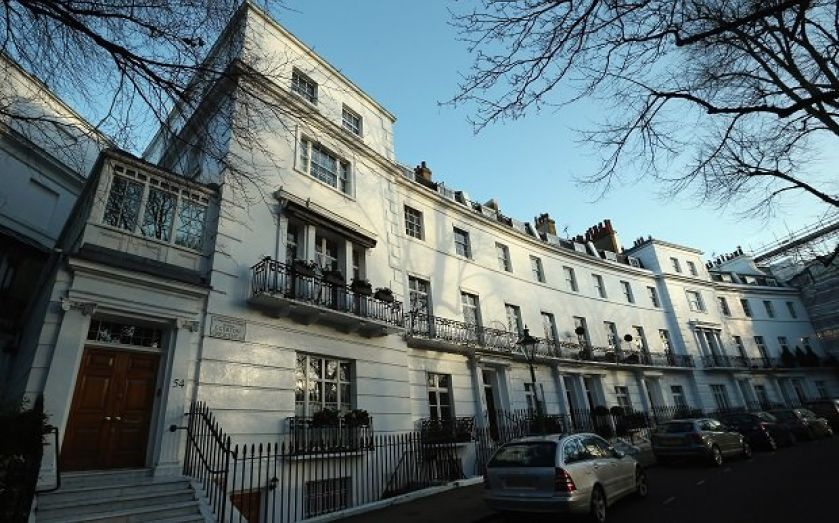London property market: Why a mansion tax could be disastrous for government coffers

The threat of a mansion tax still looms large over the prime London housing market – despite the fact it could end up cutting the amount of tax paid to the government, according to research from property consultancy Savills.
A mansion tax has been suggested by both the Liberal Democrats and Labour, and has proven popular with the electorate despite a host of measures already introduced to squeeze more cash out of high-value properties.
These have included a rise in Stamp Duty Land Tax (SDLT) to five per cent on properties over £1m and capital gains tax on overseas owned properties from 2015.
However, Savills concedes that because some of the most expensive properties in Westminster pay just £14 a year more in council tax than a second-floor flat in Weymouth.
The original proposals for a mansion tax have, however, undergone something of an evolution. A one per cent levy on properties over £2m would have been extremely complicated, so both Labour and the Lib Dems have instead moved in the direction of a banded proposal along the lines of the annual tax on homes bought within a corporate envelope (ATED).
This could be a severe headache for London's housing market. Savills' head of residential research, Lucian Cook, said: "[A mansion tax] has the capacity to put a fairly sizeable spanner in the working of London's prime property market.
At the heart of the issue is whether mansion tax is designed to be a revenue raiser or a playing field leveller

(Source: Savills Research)
The policy has in the past been labelled a "London tax”, with homeowners in the capital set to pay just over £1bn of the £1.2bn expected to be raised through the tax, according to Zoopla.
Furthermore, if the charge was too high, it would result in "significant leakage in government revenues from stamp duty, inheritance tax and capital gains", the research says.
Instead of hitting the London property market with a relatively crude mansion tax, which could lose the government revenue, Savills recommend the addition of council tax bands for high-value properties. A second proposal would be to introduce minimum charges for properties in each of these bands.
Cook said it would seem "broadly fair that all properties worth between £2m and £5m should pay £5,000 per annum, those between £5m and £10m, £7,500 per annum and those worth over say £10m, £10,000".

(Source: Savills Research)